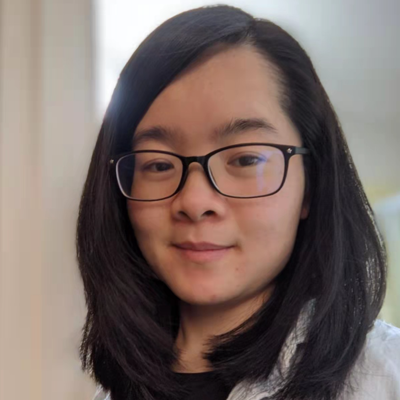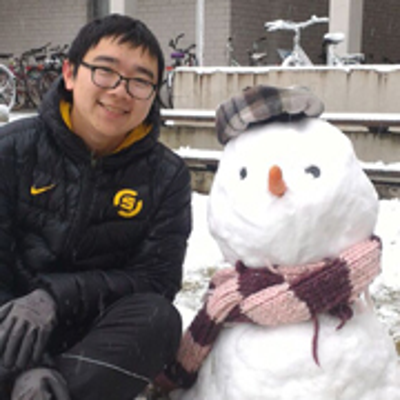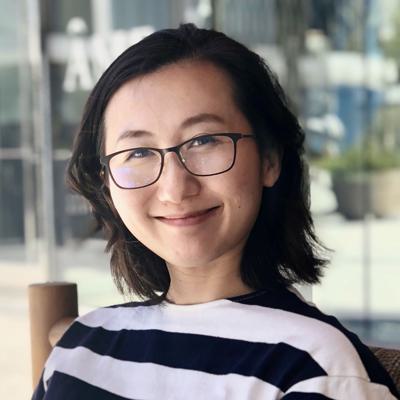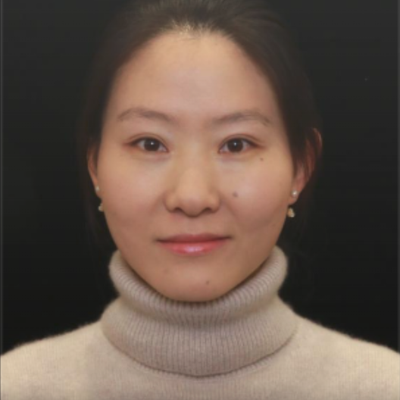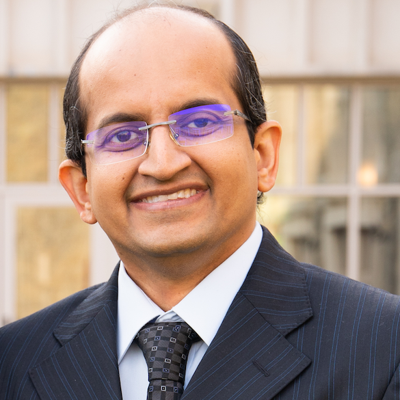Abstract: An intelligent assistant shall be an agent that knows you and the world, can receive your requests or predict your needs, and provide you the right services at the right time with your permission. As smart devices such as Amazon Alexa, Google Home, Meta Ray-ban Stories get popular, Intelligent Assistants are gradually playing an important role in people's lives. The Emergence of AR/VR devices brings more opportunities and calls for the next generation of Intelligent Assistants. In this talk, we discuss the many challenges and opportunities we face to grow intelligent assistants from voice-only to multi-modal, from context-agnostic to context-aware, from listening to the users' requests to predicting the user's needs, and from server-side to on-device. We expect these new challenges to open doors to new research areas and start a new chapter for providing personal assistance services.
Bio: Xin Luna Dong is a Principal Scientist at Meta Reality Labs, working on Intelligent Assistant. She has spent more than a decade building knowledge graphs, such as Amazon Product Graph and Google Knowledge Graph. She has co-authored books "Machine Knowledge: Creation and Curation of Comprehensive Knowledge Bases" and “Big Data Integration”. She was awarded VLDB Women in Database Research Award (2023) for "significant contributions to knowledge graph construction and data integration", ACM Distinguished Member (2018) for "significant contributions to data and knowledge integration", and VLDB Early Career Research Contribution Award (2016) for “advancing the state of the art of knowledge fusion”. She serves in the VLDB endowment and PVLDB advisory committee, and is a PC co-chair for KDD'2022 ADS track, WSDM'2022, VLDB'2021, and Sigmod'2018.
Graph-based Fusion for Multimodal Learning
Abstract: With the advances in data collection techniques, large amounts of multimodal data collected from multiple sources are becoming available. Such multimodal data can provide complementary information that can reveal fundamental characteristics of real-world subjects. Thus, multimodal machine learning has become an active research area. Extensive works have been developed to exploit multimodal interactions and integrate multi-source information. In this talk, we will discuss using a graph-based multimodal fusion approach to enable multimodal fusion of incomplete data within a heterogeneous graph structure. This approach develops a unique strategy for learning on incomplete multimodal data without data deletion or data imputation. Moreover, we will discuss a dynamic graph-based approach to support federated training over multimodal distributed data without assuming similar active sensors in all clients. The key idea is to employ a dynamic and multi-view graph structure to adaptively capture the correlations amongst multimodal client models.
Short Bio: Dr. Aidong Zhang is Thomas M. Linville Endowed Professor of Computer Science, with joint appointments at Data Science, and Biomedical Engineering at University of Virginia (UVA). Prof. Zhang’s research interests include machine learning, data science, bioinformatics, and health informatics. Prof. Zhang is a fellow of ACM, IEEE, and AIMBE.


